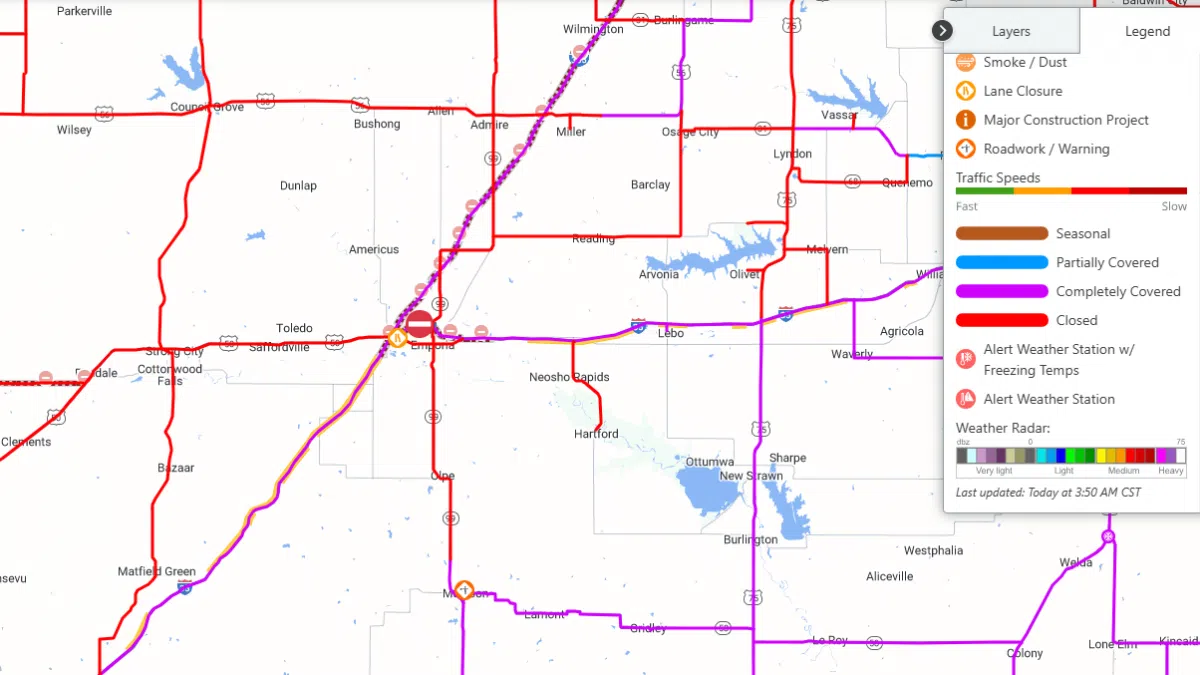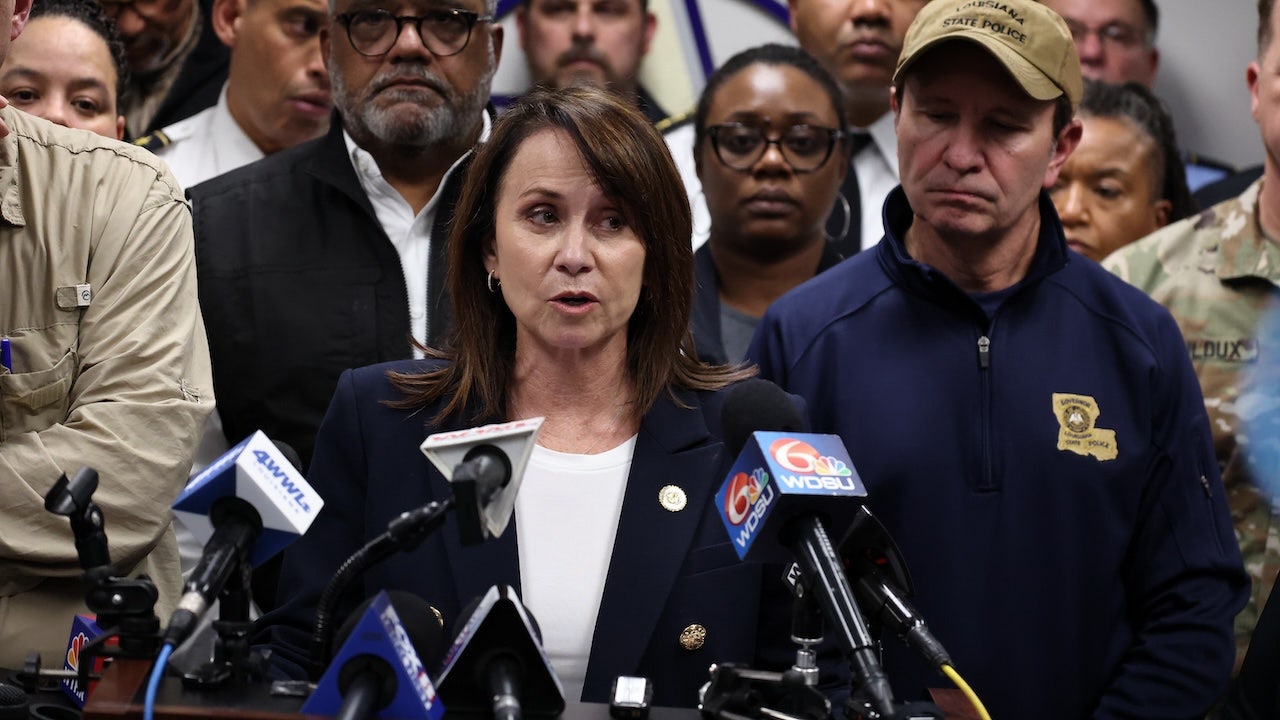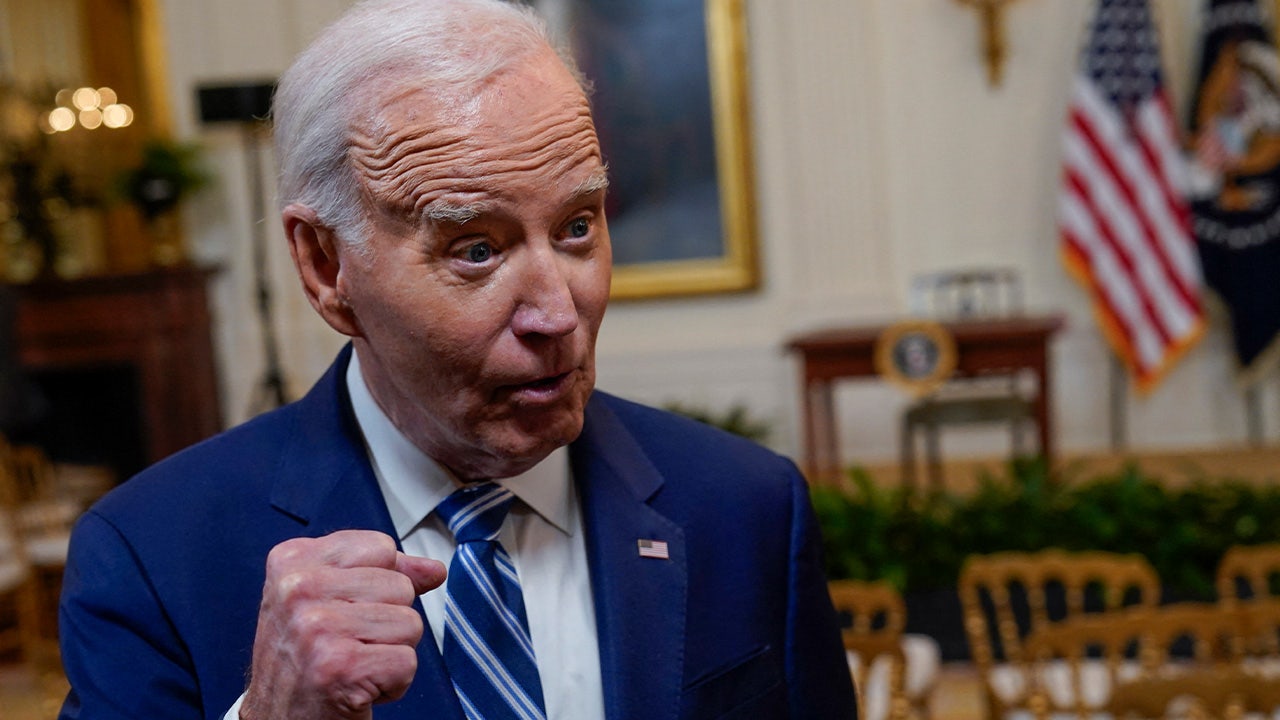California
California Assembly Passes Bill Prohibiting Autonomous Trucks On State’s Roads Without Drivers

An artist conception of the new Mercedes-Benz Self Driving Truck by Daimler.
Late last month, the California State Assembly passed a bill, Assembly Bill 316, prohibiting autonomous weighing over 10,000 pounds from operating on the state’s roads without a human driver.
The ruling, which was Teamster supported, was a defeat for the Autonomous Vehicle Industry Association (AVIA), which consists of Uber, Ford, and Waymo. The AVIA contends that artificial intelligence can drive more effectively than humans. According to the National Safety Council (NSC), California, with 398 deaths, ranked second in fatalities resulting from large truck crashes in 2020.
Many argue that human drivers are safer than autonomous vehicles and that putting driverless trucks weighing upwards of 80,000 pounds on the roads with much lighter passenger vehicles is reckless and dangerous.
“California highways are an unpredictable place, but as a Teamster truck driver of 13 years, I’m trained to expect the unexpected. I know how to look out for people texting while driving, potholes in the middle of the road, and folks on the side of the highway with a flat tire. We can’t trust new technology to pick up on those things,” said Fernando Reyes, Commercial Driver and Teamsters Local 350 member. “My truck weighs well over 10,000 pounds. The thought of it barreling down the highway with no driver behind the wheel is a terrifying thought, and it isn’t safe. AB 316 is the only way forward for California.”
A study from the American Automobile Association (AAA) in March, 2023, found that nearly 70 percent of Americans fear fully self-driving cars — a significant increase from previous years. A study in Texas, in April 2023, reported that more than 70 percent of Texans said they would be afraid to share the road with driverless heavy trucks.
“We need AB 316 to pass because we can’t trust big tech companies to look out for the best interest of Californians,” said Randy Cammack, President of Teamsters Joint Council 42. “Not a single one of these AV companies have demonstrated that they have a safe product, are committed to retraining workers displaced by automation, or that they will create more middle class jobs than they destroy. These companies are against AB 316 because they’re looking out for their bottom line, and workers need elected officials to look out for theirs.”
Chris Piche, CEO and founder of Smarter AI, offered a very different viewpoint and expressed concern that California’s ruling may have a ripple effect in other states. “I believe that the recent California autonomous truck driving bill is a step in the wrong direction. Requiring human drivers in self-driving trucks undermines the potential of artificial intelligence to revolutionize the transportation industry. By embracing AI technology, we have the opportunity to enhance road safety and increase efficiency. It is crucial to trust in the capabilities of autonomous systems and work towards a future where driverless vehicles can operate safely and effectively on our roads.”
AB 316, which still faces two divided parties in California, is expected to be heard in the Senate soon.

California
Perry, real-life donkey who inspired iconic 'Shrek' character, dies at 30

Monday, January 6, 2025 12:57AM
Perry, a famous donkey from Palo Alto that helped inspire the movie character “Donkey” in “Shrek,” has died.
PALO ALTO, Calif. — A famous donkey from California that helped inspire the movie character “Donkey” in “Shrek” has died.
Perry was 30 years old.
In an Instagram post, BPDonkeys, wrote on Friday, “We are heartbroken to share that our beloved Barron Park donkey, Perry, passed away yesterday at the age of 30. He was a beloved member of our community and we know many people will be touched by his passing. Memorial plans will be announced soon.”

This is an Instagram screengrab from BPDonkeys on Perry, real-life donkey who inspired iconic ‘Shrek’ character, who passed away at the age of 30.
BPDonkeys/Instagram
Perry resided at Cornelis Bol Park in Palo Alto, California and served as a support animal.
Paying for his care, and for the other donkeys, slowly became a point of controversy overtime. The city faced a budget deficit last year. A city councilmember pushed back at paying tens of thousands of dollars.
A memorial will be held for Perry at a later date.

This is a split image of “Shrek” character “Donkey,” left, and image of Perry, right, who inspired the “Shrek” character.
AP/ Barron Park Donkeys in Palo Alto
Copyright © 2025 KGO-TV. All Rights Reserved.
California
California Highway Patrol warns against attempted ‘Amber Alert' scam

The California Highway Patrol is warning the public to beware of fraudsters posing as “AMBER Alert representatives” offering to “register” children.
“They ask for confidential info and to meet at your home,” the CHP said Saturday on social media. “This is not how the AMBER Alert system works.”
No registration is ever required, the CHP said.
AMBER — which stands for America’s Missing: Broadcast Emergency Response — is only activated by law enforcement agencies investigating reports of an abducted or missing child.
The alerts are intended to provide the public with immediate information about a child abduction.
The CHP said it is the only agency authorized to activate AMBER Alerts.
“Never provide personal information or answer calls from unknown or ‘possible scam’ numbers,” the highway patrol said.
If contacted by a scammer, the CHP said, report it to your local law enforcement agency immediately.
California
Opinion: California utilities have lofty climate goals. Too bad their customers are in the dark

Regardless of the presidential election results, the clean energy transition is still a major priority for the nation’s electric utilities. Perhaps nowhere in the world is the pressure more intense than in Southern California, where the demands on the power grid are high and many residents are well acquainted with the consequences of aging, unsuitable infrastructure.
Many electric utilities now consider sustainability crucial to their overall strategy. However, as evidenced by countless examples of conservatives being elected on anti-environmental platforms, the majority of consumers just aren’t thinking that much about clean energy.
For the past four years, my team at J.D. Power and I have been analyzing customer awareness of and support for utilities’ climate programs and goals in an annual Sustainability Index. Without fail, we found that very few customers have any awareness of their utilities’ clean energy goals. This year’s index found that just 22% of customers knew their utilities had such goals, a figure that was even lower in previous years.
I experienced one aspect of this phenomenon as a consumer when I went through the grueling process of learning about and applying for California and federal rebates for an energy-efficient heat pump system I installed in my home last year. Even though I wrote about that ordeal for The Times and heard from consumers who had similar experiences, I have yet to get any response from my utility. Heat pumps have been a cornerstone of clean energy transition efforts, but when it comes to installing and using them and understanding their benefits, utilities are leaving consumers on their own.
A deep dive into my combined electric and gas bills showed that my total expenses dropped 3% in 2024 compared with the same period in 2022, before I began installing the system. And because average unit electricity prices increased by more than 20% in the interim, my adjusted heating costs are down more than 23%. In addition, I now have the benefit of air conditioning during summer heat waves, which I did not have prior to the conversion.
But before I could even begin to understand the extent of these benefits, I had to download reams of data from Pacific Gas & Electric Co.’s data hub, build a spreadsheet to organize and chart my energy use and utility billing trends, and cross-reference everything with federal greenhouse gas equivalency calculations. Does anyone think an average consumer would go through all this?
The experience illustrated the chasm between the way utilities communicate about environmental responsibility and the way consumers live it. The fact is, if any utilities are ever going to meet their sustainability targets — many of which call for reaching net zero greenhouse gas emissions by 2030 — they are going to need their customers to change their behavior. But given that few customers are even aware of these priorities, and that most are far more concerned about affordability than they are about sustainability, there is a complete disconnect between utility and customer goals.
But these goals can be aligned if the companies explain and promote them clearly and convincingly. We’re living through a historic transformation that has the potential to reinvent heating and cooling, travel and more. Smart-grid technologies can put individual homeowners at the center of the energy storage and transmission system. None of that will happen without massive consumer buy-in.
Utilities should be launching bold outreach strategies, investing in customer education on how to save money (and pollution) by adopting new technologies, and making it easy for consumers to help them reach their environmental goals. But most utilities are instead wasting their time talking about lofty sustainability targets that lack the substance and support they need to become reality.
Electric utilities have a huge opportunity to help customers save money and improve their experience, increase their own revenue and meet their clean energy goals. To do so, they need to start understanding and communicating effectively with their customers.
Andrew Heath is the vice president of utilities intelligence at J.D. Power.
-

 Health1 week ago
Health1 week agoNew Year life lessons from country star: 'Never forget where you came from'
-
/cdn.vox-cdn.com/uploads/chorus_asset/file/24982514/Quest_3_dock.jpg)
/cdn.vox-cdn.com/uploads/chorus_asset/file/24982514/Quest_3_dock.jpg) Technology1 week ago
Technology1 week agoMeta’s ‘software update issue’ has been breaking Quest headsets for weeks
-

 Business5 days ago
Business5 days agoThese are the top 7 issues facing the struggling restaurant industry in 2025
-

 Culture5 days ago
Culture5 days agoThe 25 worst losses in college football history, including Baylor’s 2024 entry at Colorado
-

 Sports5 days ago
Sports5 days agoThe top out-of-contract players available as free transfers: Kimmich, De Bruyne, Van Dijk…
-

 Politics3 days ago
Politics3 days agoNew Orleans attacker had 'remote detonator' for explosives in French Quarter, Biden says
-

 Politics3 days ago
Politics3 days agoCarter's judicial picks reshaped the federal bench across the country
-

 Politics1 day ago
Politics1 day agoWho Are the Recipients of the Presidential Medal of Freedom?


















